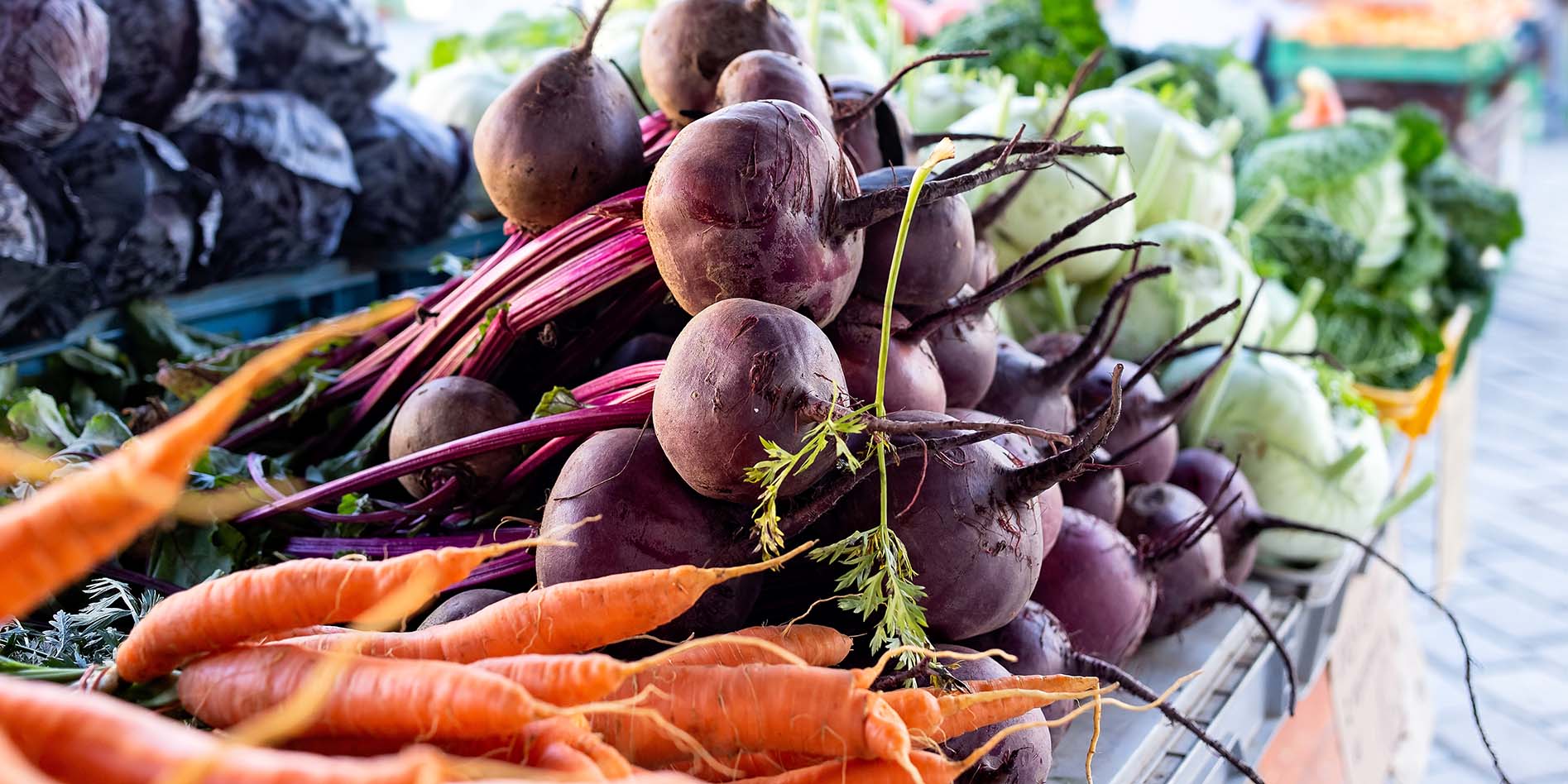Non-sugar sweeteners not so sweet for weight loss
Physical HealthArticle19 May 2023
We care about your whole health and a fundamental part of living well is linked to what we eat. Sugar is something we are exposed to every day. By understanding how much we consume and where it’s coming from, we can make informed choices about our sugar intake.
Artificial sweeteners – what you need to know
Artificial sweeteners are ingredients used to sweeten food and drinks without adding calories. They can be found in many processed foods and drinks. Examples of artificial sweeteners include aspartame, saccharin, stevia and sucralose.
New guideline advises against using artificial sweeteners for weight control
Many people use non-sugar sweeteners to cut down on calories and lose weight, but the World Health Organization (WHO) recently released a new guideline advising against this approach. Based on scientific research, the guideline recommends against using artificial sweeteners to control body weight or reduce the risk of diseases like type 2 diabetes and cardiovascular disease. Studies have shown that artificial sweeteners do not help with weight loss in the long-term and may even increase the risk of health problems like diabetes and cardiovascular disease.
Reducing sugar - the natural way
If you want to reduce your sugar intake, it's best to choose unsweetened options or look for foods and drinks that contain naturally occurring sugars, like fruit. Cutting back on the overall sweetness of your diet is also a good idea, especially for children. This can help improve your health in the long-term.
Five tips for those with a sweet tooth
For many people we celebrate or treat ourselves with cake, lollies, and other sugary snacks. But now that we know that artificial sweeteners aren't a good option for weight control or condition prevention, it's time to change our perspective on sugar. For an adult of a healthy body mass index (BMI), this amount works out to about 12 teaspoons (or 50 grams) of ‘free’ sugar per day.
When it comes to sugar, it’s best to manage your usage and choose foods and drinks with naturally occurring sugars or unsweetened options. Remember, a healthy diet is an essential part of staying well and helping you feel your best.
Here are a five tips to help you reduce your sugar intake:
- Find alternative treats: Instead of reaching for chocolate, try a piece of fruit or a small serving of unsalted nuts.
- Start with small changes: You don't have to cut out all sugar from your diet at once. Start by making small changes, like drinking water instead of soft drink or having a smaller portion of dessert.
- Get creative in the kitchen: There are many ways to add sweetness to your meals without refined added sugar. For example, you can use spices like cinnamon and nutmeg to add flavour to your oatmeal instead of adding sugar, or banana and dates in your baking recipes.
- Read labels: Sugar can be hidden in many foods, even those that don't taste sweet. Check the nutrition label of processed foods to see how much sugar they contain.
- Avoid sugary drinks: Beverages like soda, sports drinks, and sweetened tea and coffee can add a lot of sugar to your diet without providing much nutrition. Instead, try unsweetened tea or coffee or flavoured water. If you do drink sugary beverages, try to limit your intake and have them as an occasional treat rather than an everyday habit.
When it comes to sugar, it’s best to manage your usage and choose foods and drinks with naturally occurring sugars or unsweetened options. Remember, a healthy diet is an essential part of staying well and helping you feel your best.



